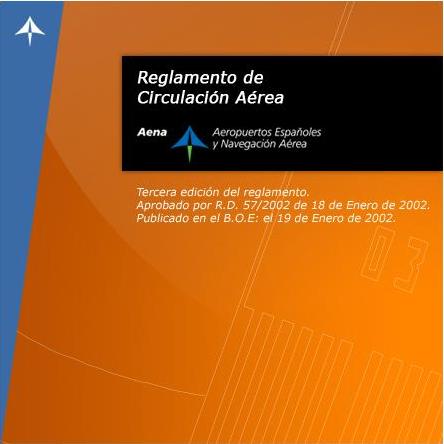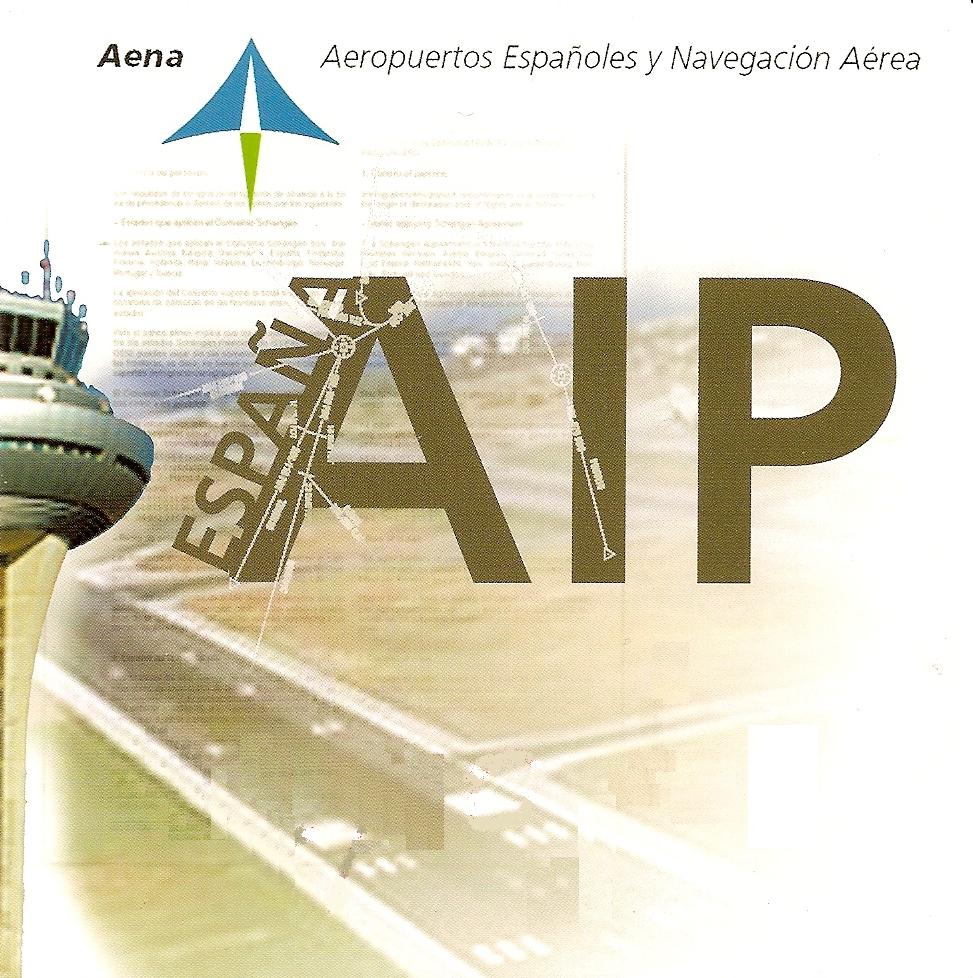There is perhaps insufficient discussion of philosophy in air traffic management. That is a pity. While it is true that an industry that praises it philosophers but not its plumbers gets both bad plumbing and bad philosophy it is also true that an industry that praises its plumbers but not its philosophers gets theories that do not hold water.
Never is this more apparent than in the current debate about NextGen and SESAR.
The USA and the UK are two great nations, Churchill said, divided by a common language. The same might be said of the two approaches to air traffic management between Europe and the USA. Two great visions of the future, divided by deeply held fundamental differences of philosophy.
Speaking at ATCA last week, the new FAA Administrator Randy Babbitt made it clear from his side that he wants NextGen to talk a common language with Europe. ‘If it does not work across the ocean, it will not be part of NextGen’ he said. Europe, for its part, has been keen on promoting interoperability from the start.
But that Administrator Babbitt even had to say it at all shows that things are not as simple as they may sound. At the risk of over simplifying the process, NextGen largely works by setting out some parameters and then letting private companies find, and fund, pilot projects in particular areas that show off their proposed technological solutions. If they work, or show signs of working outside that specific area, they may get picked up and moved forward. Or they may not.
This decentralises the decision making, and encourages private industry to find solutions that they can push forward and sell to users. Very free enterprise, very market driven.
In Europe, on the other hand, not only does the CFMU exist (something beyond the comprehension of most Americans) SESAR is playing the role of the CFMU in all future development of any new system. Nothing is going forward unless it has been pre-selected, pre-tested and pre-ordained. Very controlled, very systematic.
Or put these two approaches into economic philosophy terms, one is capitalism, the other socialism. Neither philosophy is turning up trumps in the Global Financial Crisis, but you have to admire their supporters for refusing to let go of their belief that their particular system is likely to provide the solution for saving the world.
In the same way, the ATM industry seems to believe that their approach, whichever it is, will be the winner. At the ATCA conference, for example, the US industry suppliers were selling their solution to anyone that would listen. But the audience is almost exclusively North American.
At ATC Global, held in Europe, it is interesting that it is the European ANSPs that have the biggest stands. They are selling their services to anyone who will listen. They have no stands at ATCA. They realise that no-one is listening in North America.
Because there is no getting away from it – in the USA, what SESAR and the European ANSPs are selling is nothing better than socialism. Control from the very first minute of the preparation of the flight. No room for private enterprise and little room for creative solution finding.
One of the fundamental truths about philosophical arguments, like arguments about theology, is that the facts are not all that important. What matters is the ideology. So as speakers at ATCA said about Europe, ‘there is too much control’; ‘We are never going to have that sort of system in the US’; and ‘fortunately, we have the best system in the USA for surface management’.
That would be the system that sees delays of up to three hours across New York every day of the year, that sees aircraft lined up burning fuel waiting to depart and which puts pressure on the air traffic controllers because each carrier controls their own pushback, meaning that the aprons and holding areas are so crowded that aircraft jostle to get to ‘the spot’ at the top of the threshold so that they can wait to get into the airspace planning procedure only then. Sorry, inconvenient facts.
On the other hand, there is really only one inconvenient fact that needs to be noted about the European system – it is four times more expensive than the USA system to manage a flight of an aircraft across similar distances, and similar profile airspace. Go figure.
Is there room for compromise? Probably, by doing something both sides of the political divide might applaud – focusing on the customers and reducing the number of systems involved at an airport. Certainly, when it comes to airports, cooperative decision making is the rage.
The ‘C’ word is nearly as socialist as the ‘S’ word of course, but as long as ANSPs and airports have the choice as to what system there is still an element of market forces at work.
At ATCA a representative from the New York and New Jersey Port Authority, which controls the New York area airports, told the conference, almost incredulously, that a passenger had written asking why he was rammed onto an aircraft and pushed out, only to be 59 in the queue for take-off. ‘Wouldn’t it be better to leave me in the airport spending money?’ the passenger asked. ‘What a great thought’ said the man from NYNJPA.
Since when did we outsource common sense and indeed thinking generally to systems?
The answer, at least in the USA, is that unless the passenger was rammed into the aircraft and pushed back to be number 59 he was likely to be number 75 in the queue. And anyway, the airlines do not have an interest in the revenue from the shops in the airport. And we do not have enough gates.
Part of the problem, of course, is that in the USA, the FAA is the monopoly airport owner, or socialist airport owner as one might say if it were any other country. All that full blooded competition in Europe does not compute, so this is another fact for the inconvenient truth file.
What the systems show is that with CDA and similar systems in place it is possible to find environmentally friendly ways to minimise unnecessary taxi-ing and waiting. But, it might equally show that to do that, we need more gates. For that, we need to make the argument that airports should expand. That is hard work, particularly in Europe, because of environmental discussions past. And we all know of which political persuasion the environmentalists are.
ATCevents.com
Never is this more apparent than in the current debate about NextGen and SESAR.
The USA and the UK are two great nations, Churchill said, divided by a common language. The same might be said of the two approaches to air traffic management between Europe and the USA. Two great visions of the future, divided by deeply held fundamental differences of philosophy.
Speaking at ATCA last week, the new FAA Administrator Randy Babbitt made it clear from his side that he wants NextGen to talk a common language with Europe. ‘If it does not work across the ocean, it will not be part of NextGen’ he said. Europe, for its part, has been keen on promoting interoperability from the start.
But that Administrator Babbitt even had to say it at all shows that things are not as simple as they may sound. At the risk of over simplifying the process, NextGen largely works by setting out some parameters and then letting private companies find, and fund, pilot projects in particular areas that show off their proposed technological solutions. If they work, or show signs of working outside that specific area, they may get picked up and moved forward. Or they may not.
This decentralises the decision making, and encourages private industry to find solutions that they can push forward and sell to users. Very free enterprise, very market driven.
In Europe, on the other hand, not only does the CFMU exist (something beyond the comprehension of most Americans) SESAR is playing the role of the CFMU in all future development of any new system. Nothing is going forward unless it has been pre-selected, pre-tested and pre-ordained. Very controlled, very systematic.
Or put these two approaches into economic philosophy terms, one is capitalism, the other socialism. Neither philosophy is turning up trumps in the Global Financial Crisis, but you have to admire their supporters for refusing to let go of their belief that their particular system is likely to provide the solution for saving the world.
In the same way, the ATM industry seems to believe that their approach, whichever it is, will be the winner. At the ATCA conference, for example, the US industry suppliers were selling their solution to anyone that would listen. But the audience is almost exclusively North American.
At ATC Global, held in Europe, it is interesting that it is the European ANSPs that have the biggest stands. They are selling their services to anyone who will listen. They have no stands at ATCA. They realise that no-one is listening in North America.
Because there is no getting away from it – in the USA, what SESAR and the European ANSPs are selling is nothing better than socialism. Control from the very first minute of the preparation of the flight. No room for private enterprise and little room for creative solution finding.
One of the fundamental truths about philosophical arguments, like arguments about theology, is that the facts are not all that important. What matters is the ideology. So as speakers at ATCA said about Europe, ‘there is too much control’; ‘We are never going to have that sort of system in the US’; and ‘fortunately, we have the best system in the USA for surface management’.
That would be the system that sees delays of up to three hours across New York every day of the year, that sees aircraft lined up burning fuel waiting to depart and which puts pressure on the air traffic controllers because each carrier controls their own pushback, meaning that the aprons and holding areas are so crowded that aircraft jostle to get to ‘the spot’ at the top of the threshold so that they can wait to get into the airspace planning procedure only then. Sorry, inconvenient facts.
On the other hand, there is really only one inconvenient fact that needs to be noted about the European system – it is four times more expensive than the USA system to manage a flight of an aircraft across similar distances, and similar profile airspace. Go figure.
Is there room for compromise? Probably, by doing something both sides of the political divide might applaud – focusing on the customers and reducing the number of systems involved at an airport. Certainly, when it comes to airports, cooperative decision making is the rage.
The ‘C’ word is nearly as socialist as the ‘S’ word of course, but as long as ANSPs and airports have the choice as to what system there is still an element of market forces at work.
At ATCA a representative from the New York and New Jersey Port Authority, which controls the New York area airports, told the conference, almost incredulously, that a passenger had written asking why he was rammed onto an aircraft and pushed out, only to be 59 in the queue for take-off. ‘Wouldn’t it be better to leave me in the airport spending money?’ the passenger asked. ‘What a great thought’ said the man from NYNJPA.
Since when did we outsource common sense and indeed thinking generally to systems?
The answer, at least in the USA, is that unless the passenger was rammed into the aircraft and pushed back to be number 59 he was likely to be number 75 in the queue. And anyway, the airlines do not have an interest in the revenue from the shops in the airport. And we do not have enough gates.
Part of the problem, of course, is that in the USA, the FAA is the monopoly airport owner, or socialist airport owner as one might say if it were any other country. All that full blooded competition in Europe does not compute, so this is another fact for the inconvenient truth file.
What the systems show is that with CDA and similar systems in place it is possible to find environmentally friendly ways to minimise unnecessary taxi-ing and waiting. But, it might equally show that to do that, we need more gates. For that, we need to make the argument that airports should expand. That is hard work, particularly in Europe, because of environmental discussions past. And we all know of which political persuasion the environmentalists are.
ATCevents.com
[ATC today, número 1, noviembre 2009]














